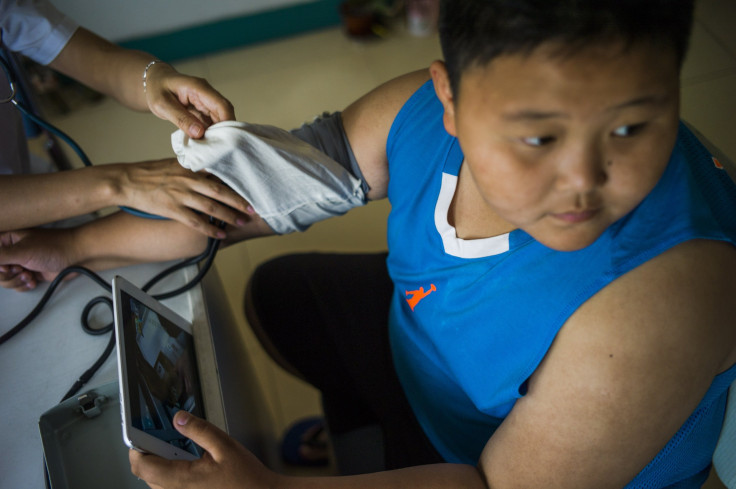Should Obese Children Undergo Weight Loss Surgery?

While surgery is a decision that should never be taken lightly, it's increasingly being seen as a very viable option when it comes to saving the lives of severely obese children and teens in the United States. Surgery is never to be taken lightly because of the inherent risks involved.
The ongoing obesity epidemic in the U.S. afflicting young Americans is both horrific and bewildering, especially since obesity makes teens more vulnerable to other life-threatening conditions such as diabetes and heart attacks.
In children and teenagers, obesity is defined as a body mass index (BMI) greater than or equal to the 95th percentile for age and sex. Severe obesity is usually a BMI of 35 or higher. If a child is obese by the time he's 12, this child has a 98 percent chance of being obese as an adult, according to health statistics.
The extent of this obesity epidemic fueled in part by sugary and unhealthy diets means one in 12 children and adolescents in the U.S. are severely obese. Among 12- to 15-year-olds, that number jumps to one in 10. And among 16- to 19-year-olds, it is one in seven.
The extent of the obesity epidemic is heartbreaking. The U.S. Centers for Disease Control and Prevention (CDC) continues to say childhood obesity is a serious problem in the United States, and places children and adolescents at risk of poor health. It stated obesity prevalence among children and adolescents is still too high.
The prevalence of obesity is 18.5 percent and affected about 13.7 million children and adolescents of ages 2-19 years old. It was 13.9 percent among 2 to 5 years olds, 18.4 percent among 6 to 11 years olds and 20.6 percent among 12 to 19 years olds.
CDC data also shows childhood obesity is also more common among certain populations. Hispanics (25.8 percent) and non-Hispanic blacks (22.0 percent) have higher obesity prevalence than non-Hispanic whites (14.1 percent).
The American Academy of Pediatrics (AAP), who monitors obesity among young Americans, asserted the best hope for many of these youths might be bariatric surgery. Bariatric surgery makes the stomach smaller and makes other changes in the digestive system to help with weight loss.
The longest study of the effectiveness of bariatric surgery in youths revealed American teens that had bariatric surgery lowered their BMI by 29 percent. Those that didn’t have surgery saw their BMI increase by an average of 3.3 points.
Medical professionals contended bariatric surgery is actually safe and effective if done by experienced surgeons working in a high-quality hospital with a strong multidisciplinary team that also provides psychological support. Surgical complications are infrequent and usually minor, as per AAP.
AAP said parents and pediatricians can consider bariatric surgery if a child or teen has a BMI greater than or equal to 35 and has one or more complications of obesity. Bariatric surgery should also be an option if the child has a BMI greater than or equal to 40 whether or not they have complications.
AAP pointed out that while bariatric surgery is not a decision to be taken lightly, it’s not a decision that should be avoided, either. It pointed out if we want to give severely obese youth their best chance of a healthy life, we have to get over our fear of surgery. It added American children deserve better.




























